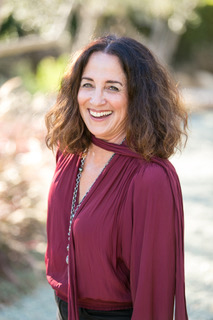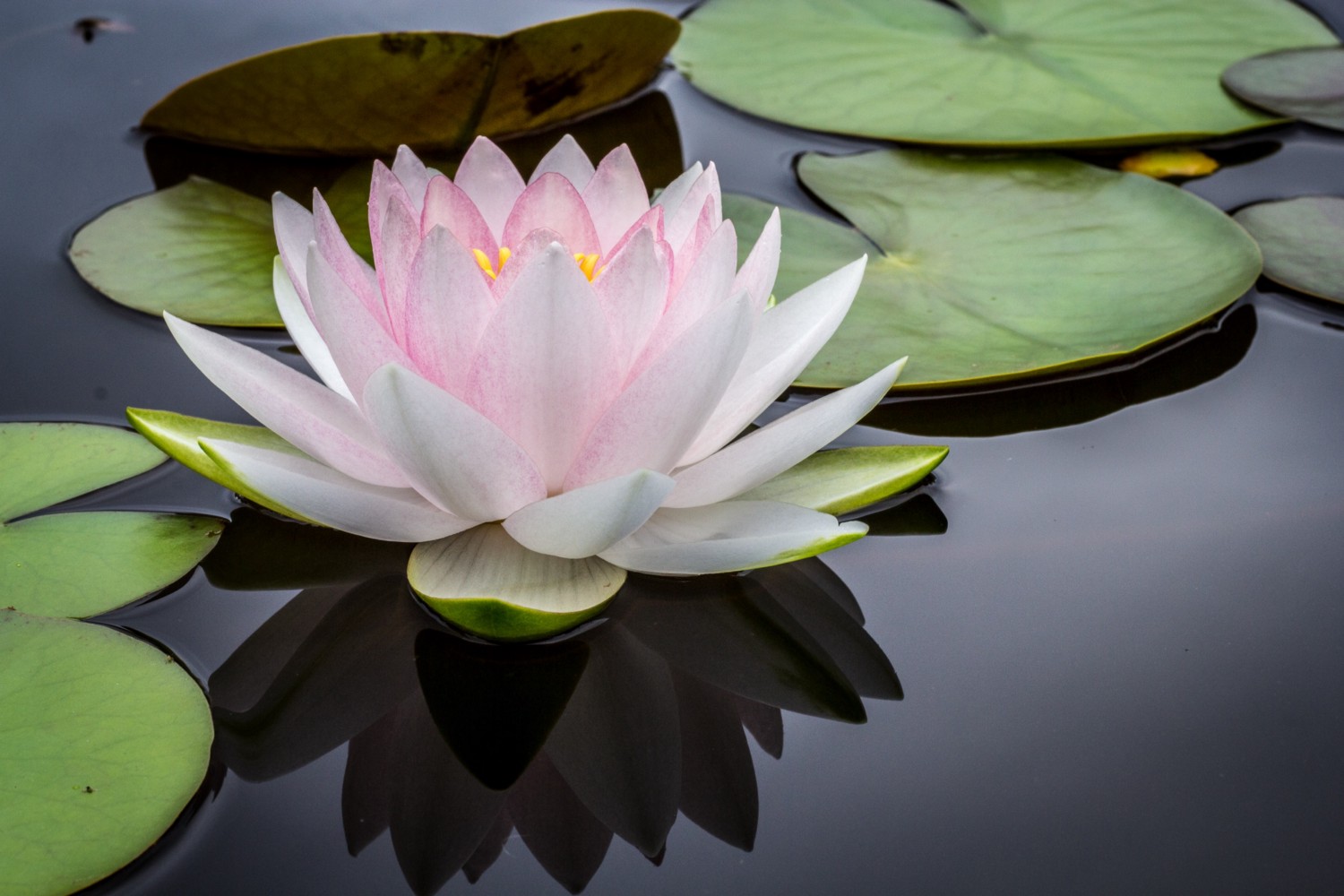Even though we cannot release ourselves completely from our own heritage, I have come to believe that we have to find our way to the spirituality that resonates with us individually.
My father was a Holocaust survivor and thinking about this experience left me confused about my own spiritual practice. Even though we cannot release ourselves completely from our own heritage, I have come to believe that we have to find our way to the spirituality that resonates with us individually. As I approach my 60th birthday and reflect on this, I see that for me, the act of writing has become my spiritual practice of choice.
Halfway through the last century, my mother and father emigrated from Austria and Germany, respectively. My father arrived in 1947, after enduring five years in Dachau’s concentration camp. He talked about losing his family in the Holocaust, and sometimes talked about God, but in his heart thought that if there was a God, he or she would not have taken his family in such a way.
My mother’s sense of spirituality leaned towards yoga, meditation classes and occasional visits to psychics. It has been said that children typically take on the religious or spiritual beliefs of their mothers; it is true in my case, since I do lean more towards Eastern-style spirituality. However, I do not totally deny by Jewish roots.
When growing up in the 1960s in New York, my father took me to synagogue during major Jewish Holidays, but for him, it was simply a traditional bow to his parents. My father was what one might call a minimalist Jew and taught me that religion separates people; it makes the illusion of bringing them together, but in reality, it is often does just the opposite.
Today, as an avid meditator and working on my doctorate in transpersonal psychology, I realize that spiritual practice comes in many forms. When my grandmother committed suicide when I was ten, my mother bought me a Khalil Gibran journal and told me to chronicle my feelings. She taught me that creativity and self-expression were high forms of spirituality. Gibran’s quotations inspired my own. One passage in particular resonates with me when I teach writing for healing: “Out of suffering have emerged the strongest souls; the most massive characters are seared with scars.”
During my early college years, my quest for spirituality involved a course in Transcendental Meditation (TM) with Maharishi Mahesh Yogi. After one of his lectures, one-by-one, participants were escorted into separate rooms with two chairs and a small desk. Maharishi’s helpers secretly disclosed our own personal mantras, supposedly selected just for us. Over the years I have tried various other meditation techniques, but I still use the mantra given to me more than three decades ago.
At twenty-three, I married a Canadian man whose parents were also Holocaust survivors, but whose family completely abandoned Jewish traditions. Out of respect for my father’s desire for us to be married by a Rabbi, we did so in a luxurious hotel on Central Park South.
When the time came for my husband and I to raise our children, the question of religion surfaced. We decided to follow my father’s model as minimalist Jews, meaning we would follow most of the celebrated Jewish holiday rituals, but remain unaffiliated. When our children questioned our practices, we taught them the importance of loving kindness, but never equated it with any particular religious practice.
Today, our children are in their twenties. Like my husband and I, they find solace in creativity as a spiritual practice, whether painting, designing books, designing clothes or merchandise or engaging in meditative and yogic practices. Still, it will be interesting to observe the choices they make when it comes time to raise their own children.
Spiritual practice provides inner guidance and writing helped me cope with my grandmother’s suicide. During graduate school I pulled out my maternal grandmother’s journal describing her life as an orphan during World War I. Like myself, my grandmother also used writing as a spiritual practice. The study of her life resulted in my first memoir, Regina’s Closet: Finding My Grandmother’s Secret Journal. I was enlightened to her plight in life, the pain of her childhood, and how she coped with the indelible scars which she carried with her for the remainder her life.
Continuing my search for spiritual support in the Eastern traditions, when His Holiness The Dalai Lama recently visited my hometown, I found myself passionately pulled into and moved by his words. After his talk, I drove home, walked into my backyard, sat down at my outdoor writing table, and cracked open my journal. I glanced up at the blue sky and listened to the sweet chirpings of birds in the trees bursting with the purple flowers of early spring. All my spiritual musings were coming together. I became very aware of my surroundings, the magic of nature, and the role of writing and creativity in my spiritual life.
For years, I’ve believed that the world can do without religion, but cannot do without spirituality, whether it is writing, mindfulness, compassion or smiling throughout our day. These measures unite us rather than divide us, and no matter what our age, we are all works-in-progress, whether we are examining our heritage or discovering the spiritual practice that makes us, as individuals, feel most alive and our hearts sing with joy.
~~~~~~~~~~~~~~~~~~~~~~~~~~~~~~~~~~~~~~~~
For more, visit: dianaraab.com
Originally published at journal.thriveglobal.com


